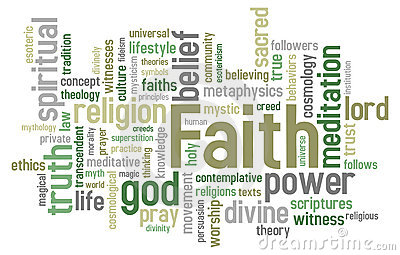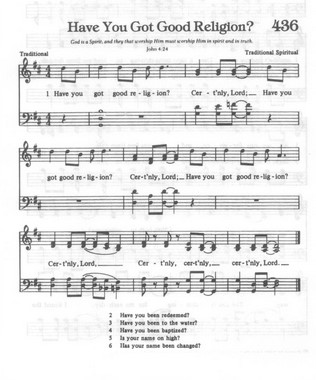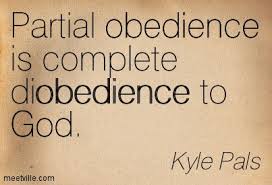Expectations, doubts, and belief
John the Baptist had specific expectations that caused him to question the identity of Jesus. After witnessing the messianic miracles performed by Jesus, John’s disciples could confidently report to John that their doubts were unwarranted (Matt. 11:5).
Jesus was the One, the promised Messiah spoken of by Old Testament prophets.
Here is my servant, whom I uphold, my chosen one in whom I delight; I will put my Spirit on him and he will bring justice to the nations . . . He will not falter or be discouraged till he establishes justice on earth. (Isa. 42:1,4).
What are our expectations of Jesus? Like John the Baptist, do we expect Him to solve all the problems we are witnessing during these difficult times? Why doesn’t God defend and save the oppressed? Is Jesus the One for 21st century living?
What will it take for us to place our confidence in Jesus knowing He “will not put us to shame” ? (Rom. 5:5). What will it take for us to believe?
Belief or miracle?
The Gospel texts record many who came to believe Jesus’ identity after seeing Him perform many miracles. After the feeding of the five thousand, when the people saw Jesus do this miraculous sign, they exclaimed, “Surely, he is the Prophet we have been expecting.” (John 6:14)
The miracles which Christ wrought did clearly demonstrate that He (Jesus) was the Messiah promised, a teacher come from God, the great prophet, and could not but convince the amazed spectators that this was He that should come.
There were many who were convinced He was that prophet that should come into the world who yet did not cordially receive his doctrine, for they did not continue in it.
Such a wretched incoherence and inconsistency there is between the faculties of the corrupt and unsanctified soul, that it is possible for men to acknowledge that Christ is that prophet, and yet to turn a deaf ear to him.[1]
There are many today who find it difficult to believe in Jesus unless they see an accompanying miracle with it. Many acknowledge “the hand of God” when a favorite athlete recovers miraculously from a life-threatening health incident or disease. Or when children buried under tons of concrete from an earthquake are miraculously found alive. Even nonbelievers recognize God’s mercy and grace in the context of a miracle. But the real opportunity is to see Jesus as the One, even in the absence of a recognizable miracle.
Realizations versus expectations
What are our expectations of Jesus? Like John the Baptist, do we expect Him to solve all the problems we are witnessing during these difficult times? Like the crowds that followed Him, do we expect Jesus to perform miracles that address our human needs?
The realization is this. Jesus still does those things and much more. But instead of the miracles we saw in the 1st century, we are able to experience them in a different form. Now we can realize them in the blessing and the promises of God that are available to us through being in Christ (Eph. 1:3-17).
The realization is this. God created heaven and earth (Gen. 1:1). Even today, God sustains the world’s existence (Heb. 1:3; Acts 17:28). God never changes. Neither is the way He accomplishes His work. God could, if He so desired, speak a word and what He speaks becomes reality (Ps. 33:6-9). Jesus could, if He desired, fix every problem, supply every need, right every injustice, and heal every disease on the face of the earth. But then we’d have a problem. Why would Jesus need us?
We have an opportunity to partner with Jesus in continuing His work (John 14:12). Through His Holy Spirit, we can be His hands that reach into this fallen world to heal the sick, feed the hungry, and even right the injustices we see. We can do it through our direct efforts, through advocacy, or through our financial gifts.
Is Jesus the One for 21st century living?
Yes. Next week we’ll discuss why.
[1] Matthew Henry Commentary, John 6










